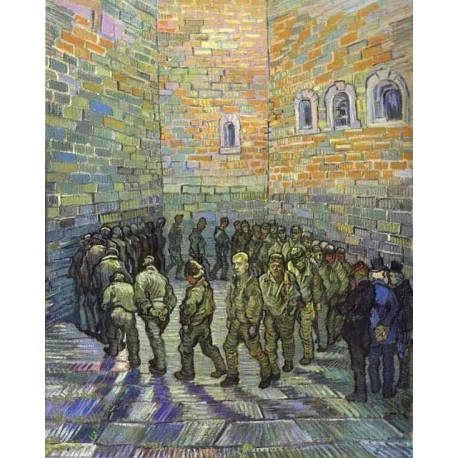
In Chapter Sixty-Nine (The Prisoner Eight by Ten) two policemen interview the suspect Albert W. Tucker. Their approach involves a simplified version of a paradox known as the Prisoner’s Dilemma.
Bert is a member of a gang suspected of committing a series of crimes. Each gang member is held in a separate room and urged to confess. Each desires the shortest possible prison sentence for himself and must decide whether to confess without knowing the other’s decision.
Each gang member is made aware of the consequences of their decisions:
(1) if no one confesses, everyone goes to prison for a few months
(2) if everyone confesses, they all go to jail for two years
(3) if someone confesses and the others do not, the confessor goes free (for turning state’s evidence) and the others go to jail for five years.
Bert cannot confer with the other gang members and cannot know what decision they will reach. He knows that he would be better off confessing if any of the others confess, and also better off if the others remain silent. On balance, the rational choice appears to be that he should confess, even when the optimal outcome for the gang as a whole would be for everyone to remain silent. So Bert finds himself in a situation where it makes sense to betray his colleagues, even if mutual cooperation would have yielded a better result for the overall group.
The Prisoner’s Dilemma suggests that rational behaviour in some circumstances involves following one’s self-interest – even when a mutual-interest alternative exists that would supply a better overall outcome.
